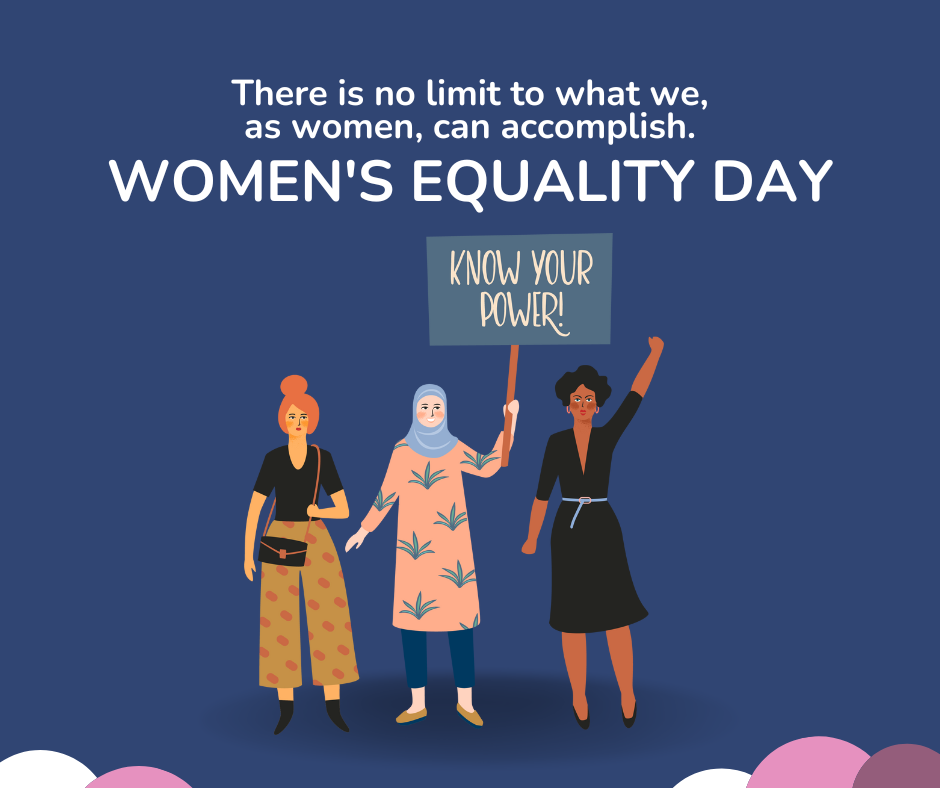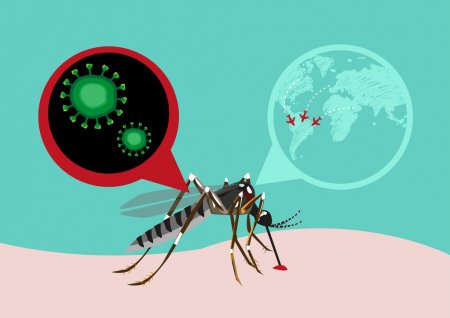On August 26th, we celebrate Women’s Equality Day which was passed by Congress in 1973 to commemorate the passage of the 19th Amendment. In the nearly 50 years since, women’s rights have taken steps forward and steps backward. At North Carolina Women United, we look to advance public policy and laws that work toward women’s equality on a whole host of topics. One of these being Economic Stability which is near and dear to my heart as a Financial Advisor working with women on achieving financial independence and empowerment. One positive of late is the trending in the right direction of the gender pay gap for women ages 25 to 34 which has shrunk considerably. Pew Research Center released the figures in 2021, showing women were paid 7 cents less than their male counterparts compared to 33 cents in 1980.
This gives me so much hope for these women in their “golden years”. Most of us don’t want to talk about aging, but for me, it’s part of my job to have these discussions. I talk with clients about all their financial goals – short and long – but the longest goal of all is planning for retirement. We are talking about their lives from age 65 to 95 and what their dreams and aspirations are for that time of their lives. The majority of my clients are women, so I know the repercussions the inequality in pay has dealt on so many women over the age of 65 today. The pay gap in the past has resulted in an even bigger gap in the quality of retirement for older American women, and the pandemic has widened the retirement savings confidence gap.
On top of that, women are more likely to have breaks in their career which can affect savings – having children and taking care of aging family. Exacerbating this issue, women generally live longer than men, often having been their caregiver as well. Also, more than half of women over the age of 65 are unmarried and aging solo compared to a quarter of men.
In 2021, Edward Jones partnered with Age Wave to conduct a study of 9,000 people across North America to understand what living well in retirement means for them. It covered five generations, and among many interesting findings was that the whole idea of retirement has changed with the Baby Boomers. 42% of their parents’ generation said retirement was “a time for rest and relaxation” while 55% of today’s retirees definite it as “a new chapter in life”. What does that mean? It means having purpose, learning new things, traveling, and time with family. Having an adequate retirement savings lends itself to a lot more options for whatever your purpose may be.
I get excited when I’m contacted by women in this age group of 25 to 34. They want to learn, and I’m here to help. Women often need a lot of confidence in their knowledge before making a decision – this can often lead to analysis paralysis and further delays in investing. Women are key in the transfer of wealth that is currently happening in our country with the Baby Boomer generation. We need to ensure we are prioritizing our health and understanding our purpose.
Where do you start?
-
- Does your employer offer a retirement plan? If so, meet with the advisor on that plan to get started, find out what the employer match might be (free money!) and ensure you are properly invested.
- Read up on the different types of retirement plans available.
- BUDGET – make sure you understand what your cash inflow and outflow is now – this will help you build that foundation of a healthy retirement
Want to learn more?
-
- Listen to a podcast.
- Ask a friend or family members if they use an advisor they trust for financial information.
- Interview financial professionals until you find one that makes you feel heard and asks more questions about what is most important to you than about your money.
I look forward to my own retirement in 20 years. I know it will be very difficult to walk away from my clients that I have grown so close with over the years. I also know that there will be a generation of women changing these numbers we see today. They will be confident that they have wisely taken control of their finances, so retirement will be an opportunity for a new chapter for them.
Check out the study mentioned here: www.edwardjones.com/


